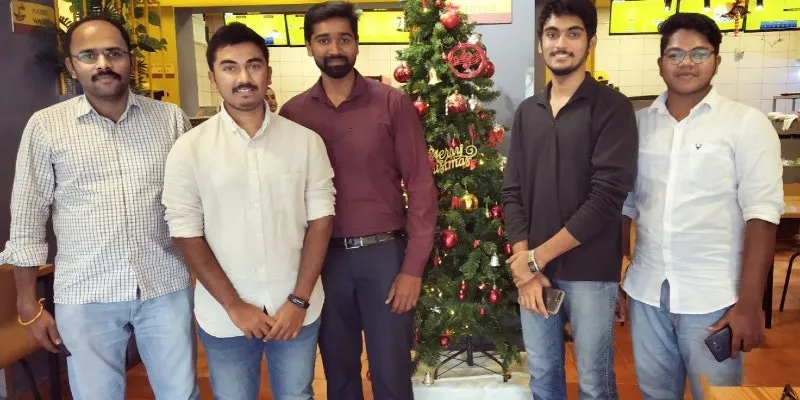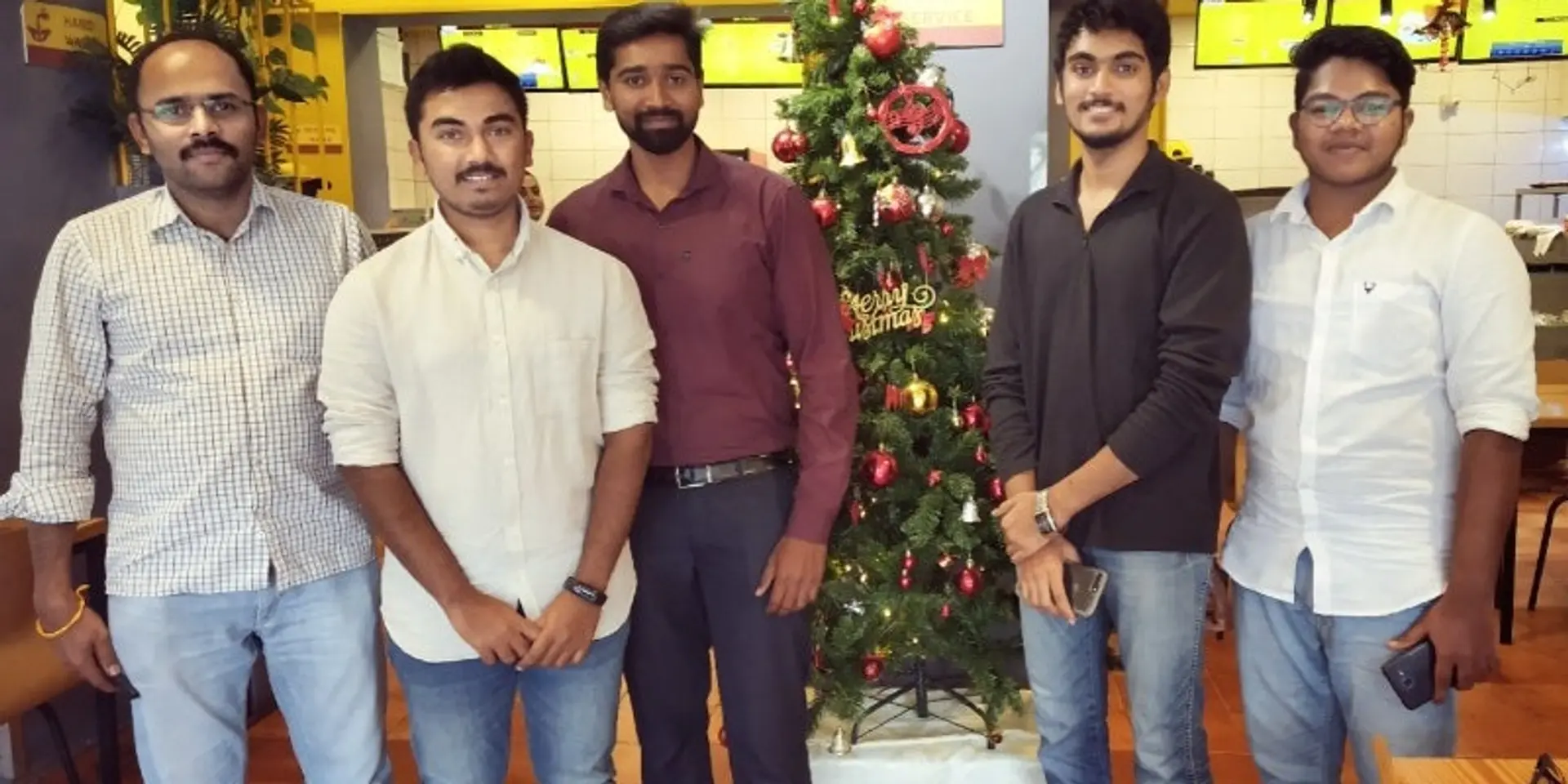Minion Labs offers a new way to optimise energy savings for your appliance
Smart energy device Minion monitors and analyses energy consumption of multiple devices and promises up to 30 percent savings, predictive maintenance, and asset health monitoring.
How can you do your bit for the environment? Bengaluru-based Minion Labs has made it easy. Meet Minion, the world’s smallest energy auditor which can sense any appliance, device or tool switched on inside a building, with its individual consumption. Minion can give the user a comprehensive report on predictive analytics and maintenance by bench-marking a range of appliances.
Smart meters require device level sensors and capture limited data when it comes to energy consumption. To make it easy for consumers to choose energy efficiency, a Minion (derived from Mini + ON) only needs to be plugged into the main circuit and can discern how much electricity is consumed by each device. It requires only three steps to install and requires no plugins or software. Users can simply log in and start tracking and monitoring their consumption patterns.

The Minion Labs team is working to make energy efficiency a part of people's life.
Minion is based on a machine learning approach that uses automation to train its state-of-the-art algorithm. The algorithm captures voltage and energy signatures at four million data points per second to identify individual assets used and study patterns of their consumption. Using this data, Minion promises up to 30 percent savings, predictive maintenance, and asset health monitoring, and ensures safety through recognition of any anomalies.
Founder Gokul Shrinivas has had a rather tumultuous journey up till now; a hockey injury impacted his school results and he was subsequently rejected for over 450 jobs. “After winning a coding competition, I joined Amazon, but quickly realized the IT arena wasn’t meant for me. I decided to leave and founded Minion Labs. And here I am,” he smiles.
So far, Minion has won 19 national and international awards, including awards from the Prime Minister of India, and the Crown Prince of Saudi Arabia. When asked how these awards have made a difference, Gokul says, “These awards have helped me get access to high-profile clients for pilots, like Saudi Aramco, and Kuwait Petroleum Corporation. They also help validate our solution and build trust amongst our clientele.”
ALSO READ: Synconext helps optimise energy, space so businesses work more efficiently
The journey to acquire customers
As Minion has discovered, customer acquisition is easy, but customer retention is much tougher. Like many entrepreneurs, Gokul has had to experiment with a few business models to find the right one. He began with a business model based on a one-time device sale followed by a low annual subscription, but quickly realised that many customers were reluctant to bear the heavy upfront capital expense. They then tested a model of charging customers a commission on their energy savings, but customers had little incentive to disclose their savings.
Keeping this in mind, Minion introduced a monthly subscription model, charging customers a monthly fee of Rs 1,150, with a two-year contract for each device.
With its unique business model, Minion’s primary aim is to make it easy for consumers to save energy. The three-step Minion formula towards hassle free- energy savings includes:
· No device cost: no high capex for users
· No installation cost: Minion is a plug & play device
· No maintenance cost
After two years, ownership of the product is transferred to the user. The analytics are also free for a lifetime, with a data storage option of three years. If a user wants data storage beyond three years, nominal cloud storage costs are applicable.
Rather than choosing between a rental or upfront purchase model, Minion has chosen to pursue a flexible policy, allowing the customer to choose between the two, depending on the pricing that works best for them. This allows Minion to retain benefits of the subscription for short-term customers, with the simplicity of upfront sale for long-term customers.
ALSO READ: Buildings are a lot more than just bricks and mortar: Facilio Co-founder Prabhu Ramachandran
Potential avenues for expansion
Scoping out the competition, Gokul discovered that the healthcare sector was relatively untapped. Beginning with hospitals, they carried out various pilots and built value predictive analytics and maintenance for clients like Fortis and Manipal hospitals, amongst others. Energy consumption in hospitals tends to be high as critical equipment is kept on 24/7, which offers a lot of potential for savings.
Gokul believes that retail is another sector that offers tremendous opportunity for growth in the near future. For instance, Minion has worked with Bangalore Mall, which has over 120 shops. A retail mall has a lot of electricity consuming devices, and though the energy consumption is not that high, they require more Minions, and therefore more subscriptions.
Mabin, a facility manager at Orion Mall in Bengaluru, says, “I am glad we chose Minion as we have managed to save around 20 percent on electricity every month. We have about 20 minions now and I can check updates on my phone. Minion has also been helpful in terms of detecting leakages and anomalies like short circuits. We are planning to deploy more Minions at another branch as well.”
Gokul is optimistic about working with the public sector. In fact, Minion has caught the government’s eye through its award-winning achievements. The Punjab Utility Board reached out to pilot their device in three districts, with the aim of acquiring both live and device-level consumer demand data. According to Gokul, any public utility would find value in the data they offer, both within India and outside.
He says, “Selling the device is only the first step. The data we’re collecting is where the real value is; that’s where our biggest opportunity lies going forward.”
ALSO READ: The 10 Indian IoT startups that you must watch out for
Minion Labs is one of the 10 startups participating in TheCityFix Labs accelerator programme.
The authors of this article are Monica Jain and Tanuka Mukherjee. Monica is part of Integrated Urban Planning programme, WRI India Ross Center and supports TheCityFix Labs accelerator initiative. Tanuka Mukherjee (@TanukaMJ) is part of WRI India’s communications team.


